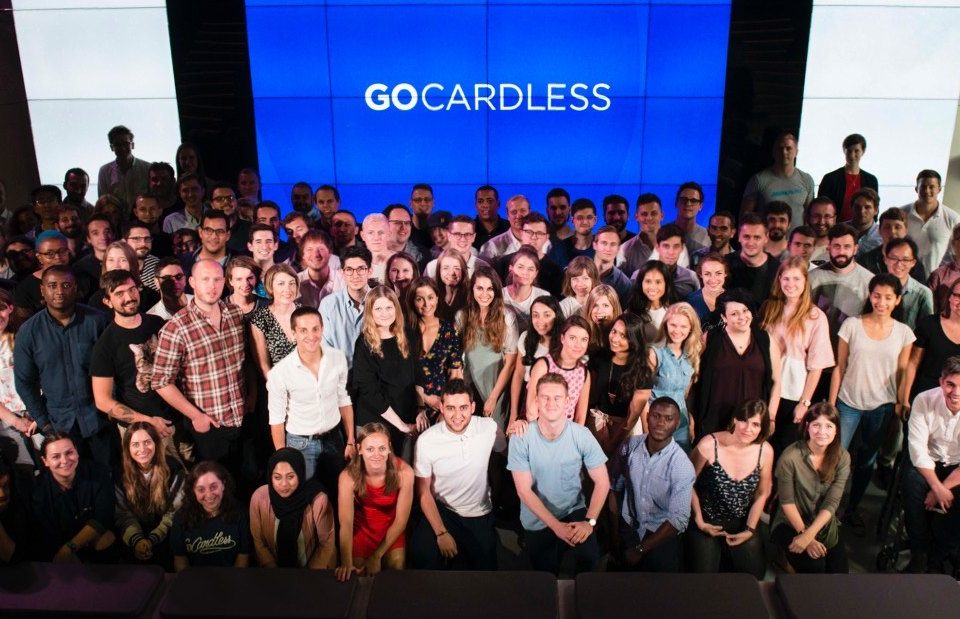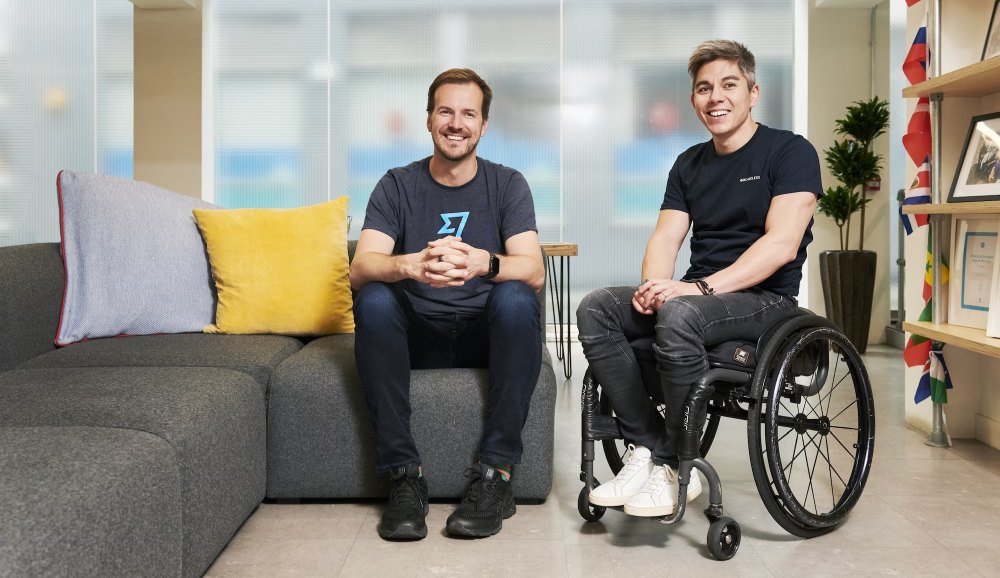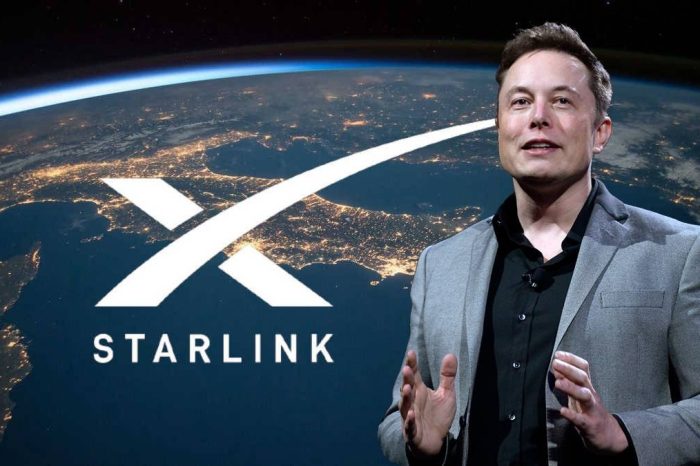GoCardless, an Alphabet-backed fintech startup, considering M&A opportunities as payments industry consolidates

GoCardless, a British fintech startup backed by Alphabet’s venture capital fund GV, is reportedly exploring additional merger and acquisition (M&A) opportunities as it aims to expand its presence in the fiercely competitive online payments sector, according to an exclusive report from CNBC.
The news comes just a year after GoCardless completed its first major acquisition, securing the Latvian open-banking startup Nordigen. The financial details of the deal were not disclosed, but the acquisition was strategic, intending to broaden access to bank account information for GoCardless’ global customer base of 85,000.
Hiroki Takeuchi, GoCardless’ CEO and co-founder, stated in an exclusive interview with CNBC, “We’re constantly reviewing the market for opportunities that will accelerate our growth, add value to our core payment platform or strengthen our open banking proposition.”
He also added: “Will we do more of that? We’re very open-minded, not just for us but in general,” CNBC reported.
“In this space I expect there’s going to be a lot of opportunities for consolidation and M&A [mergers and acquisitions], especially in the context that some companies in this space are going to be well positioned to survive these challenging conditions and grow stronger.”
When asked about the possibility of more acquisitions, Takeuchi expressed an open-minded approach, emphasizing the potential for consolidation and mergers and acquisitions in the industry, particularly for companies well-positioned to navigate challenging conditions and emerge stronger.
Founded in 2011 by Hiroki Takeuchi, Monzo co-founder Tom Blomfield, and Matt Robinson, GoCardless is a major player in the British fintech sector, processing over $30 billion in payments across more than 30 countries annually. The fintech startup enables firms to collect direct debit payments, typically for subscriptions like gym memberships and news subscriptions. Noteworthy is the addition of the capability to collect one-off payments in 2021, facilitated by open banking.
Hiroki was in good health when he co-founded GoCardless. However, a cycling accident in 2016 changed his life, leaving him paralyzed from the chest down. Remarkably, this occurred just a year after he took on the role of the sole chief executive at GoCardless. (Note: The date provided doesn’t match the context; it mentions November 25, 2020, but the information seems to be about an event in 2016.)

GoCardless founder Hiroki Takeuchi (Right) with Transferwise founder Taavet Hinrikus (Left)
Meanwhile, despite a 37% decrease in fintech investment in the first six months of 2023 compared to the previous year, the U.K. remains a standout country in the global fintech landscape. According to CNBC’s analysis of Statista data, the country holds the position of the second-largest market for fintech “unicorns,” companies valued at $1 billion or more.
Payments Industry Consolidation
With the changing market dynamics in the payments industry, Takeuchi points to notable acquisitions, such as Visa’s $2.2 billion purchase of Tink and Rapyd’s $610 million acquisition of PayU GPO, as indicative of potential trends.
“We’ve seen market conditions change over the last 18 to 24 months,” he said. “What we’ve been really focused on is making sure that core offering we’re bringing to merchants is as good as it can be and that we’re staying more focused on a few key set of things and getting them right to continue to drive the growth of the business. Open banking is one thing and definitely something we think is really important.”
Acknowledging shifts in market dynamics over the past 18 to 24 months, Takeuchi emphasizes GoCardless’ commitment to refining its core offerings for merchants, with a particular focus on the importance of open banking.
Despite reporting revenues of £70.4 million ($85.9 million) in the fiscal year ending 2022, reflecting a 3.5% year-over-year increase, GoCardless also recorded a loss of £62.7 million, marking a 38% rise from the £46.8 million loss in 2021.
While refraining from specifying acquisition targets, Takeuchi suggests that certain players in the payments sector may be vulnerable to takeovers due to fundraising challenges. He underscores the importance of achieving significant scale for long-term viability, drawing on GoCardless’ decade-long investment in the industry.
“Some companies, they’re not going to be set up for the longer term. The ability to fundraise in this environment is much harder,” Takeuchi said. “One of the things that is important in this space to achieve is you have to get to significant scale. I know how much it costs to get to that scale because we’ve invested for 10 years.”

